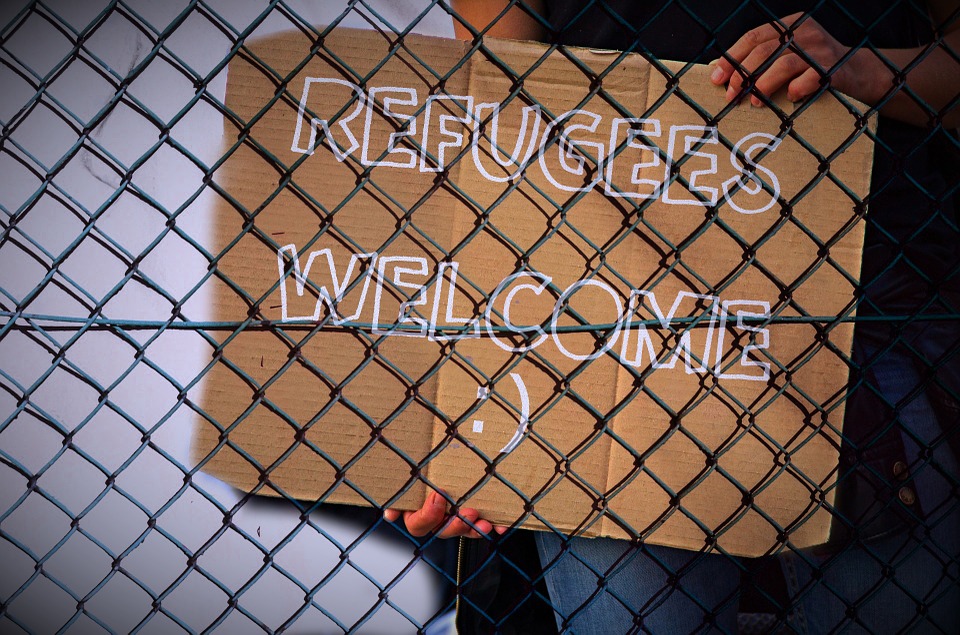Tougher Immigration Screening Process? Refugee and Immigration Lawyers and Experts Say Screening Practices Are Already Extreme
Refugees and immigration are hot topics at the moment in both Canada and the U.S. Many people on both sides of the border are criticizing Canada for being too lax with immigration. Canada is much more welcoming of immigrants and refugees compared to the U.S. The country also doesn’t have a discriminatory immigration policy. Despite what critics say, though, Canada’s immigration and refugee screening process is quite similar to the U.S.
In fact, refugee and immigration lawyers and experts say the Canadian screening process is already extreme. The only major difference from the new U.S. screening process is that it doesn’t discriminate against religion.
Religion is a major factor influencing discrimination against immigration and refugees. Trump wants to ban people from Muslim-majority countries, and many Canadians believe that our immigration screening process should screen for Canadian values. Results from a recent nationwide poll suggests that about half of Canadians want more stringent immigration and refugee screening. Although many Canadians are open to immigration in Canada, they are not as open to welcoming those who share different values. The suggested Canadian values test for immigration screening would discriminate against the majority of refugees and immigration applicants because Canadian culture and customs are different from those other countries.
Canada’s screening process is already similar to that of the United States. Canada and the U.S. share information between law enforcement and intelligence departments. Although Canada may be more open and welcoming to immigration, the screening process is very stringent.
The U.S. has a tough immigration and refugee screening process, and it might become even more extreme with U.S. President Donald Trump’s crackdown on immigration. Currently, seven U.S. departments—for counterterrorism, immigration, intelligence, military, and security—are involved with the screening process. This process includes:
- At least three interviews;
- Biometrics matching—screening fingerprints;
- Biographical information checks—name, date of birth, passport number; and,
- Security checks across different intelligence and law enforcement databases and security watch lists. These security checks include screening for relationships and associations with people who might be considered suspicious.
Although terrorist attacks in Canada, the U.S., and Europe are not committed by refugees, refugees are being discriminated against and denied a chance at a safer life because of their religion or home country. Radicalized criminals conducted recent terror attacks in Europe; these criminals should not be representative of an entire cultural group.
Like the U.S., Canada also conducts extensive biometric screenings, interviews, and background checks using a global database when screening visitors, immigrants, and refugees. Canada and the U.S. share their immigration databases with each other, along with biographic and biometric information. There is also a similar screening process for refugees conducted by the United Nations Refugee Agency before they are screened by Canada and the U.S.
Despite Canada’s reputation for being lax with immigration, and the belief that we should screen for Canadian values among immigrants and refugees, our screening process is already extreme. Canada is a welcoming country and should not follow Trump by adding discriminatory restrictions such as religious beliefs and values to the immigration screening process.
Share this article
Arghavan Gerami
Arghavan Gerami is the Founder and Senior Counsel at Gerami Law Professional Corporation ('PC'), a full-service immigration law firm in Ottawa, Ontario. Since 2011, Ms. Gerami has focused her practice on immigration and refugee litigation. Prior to that, Ms. Gerami worked at the Ministry of Attorney General and the Department of Justice and had the privilege of serving the Honourable Mr. Justice M. Evans at the Federal Court of Appeal on immigration and administrative law appeals. Ms. Gerami contributes to the Immigration Law Section of the Canadian Bar Association, the Canadian Association of Refugee Lawyers, and the United Nations High Commissioner for Refugees. Ms. Gerami has also published numerous journal articles and presented at various immigration and refugee law conferences and events across Canada.

